There Are 5 Cat Personality Types – Which One Is Your Feline Friend?
Published: 2025. 06. 28 - Photos: Getty Images Hungary • 3 minutes reading

Published: 2025. 06. 28 - Photos: Getty Images Hungary • 3 minutes reading
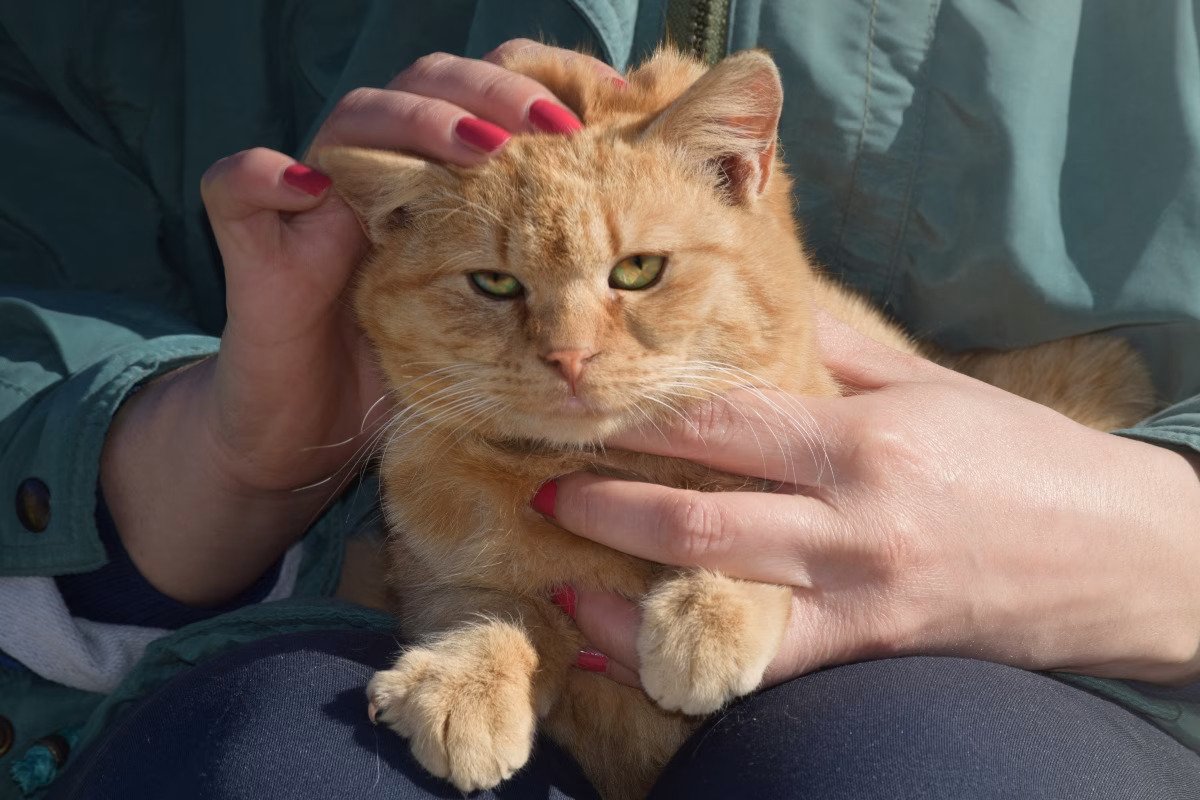
In our article, you’ll discover the five personality types identified in a research study.
Science once rejected the idea that our little companions could have personalities. However, a study conducted by researchers at the University of South Australia examining the personalities of 2,802 domestic cats has confirmed otherwise. This recognition could help improve the wellbeing of pets and their owners. The study was based on survey responses from South Australia and New Zealand, and identified five main personality types in cats.
These personality types are:
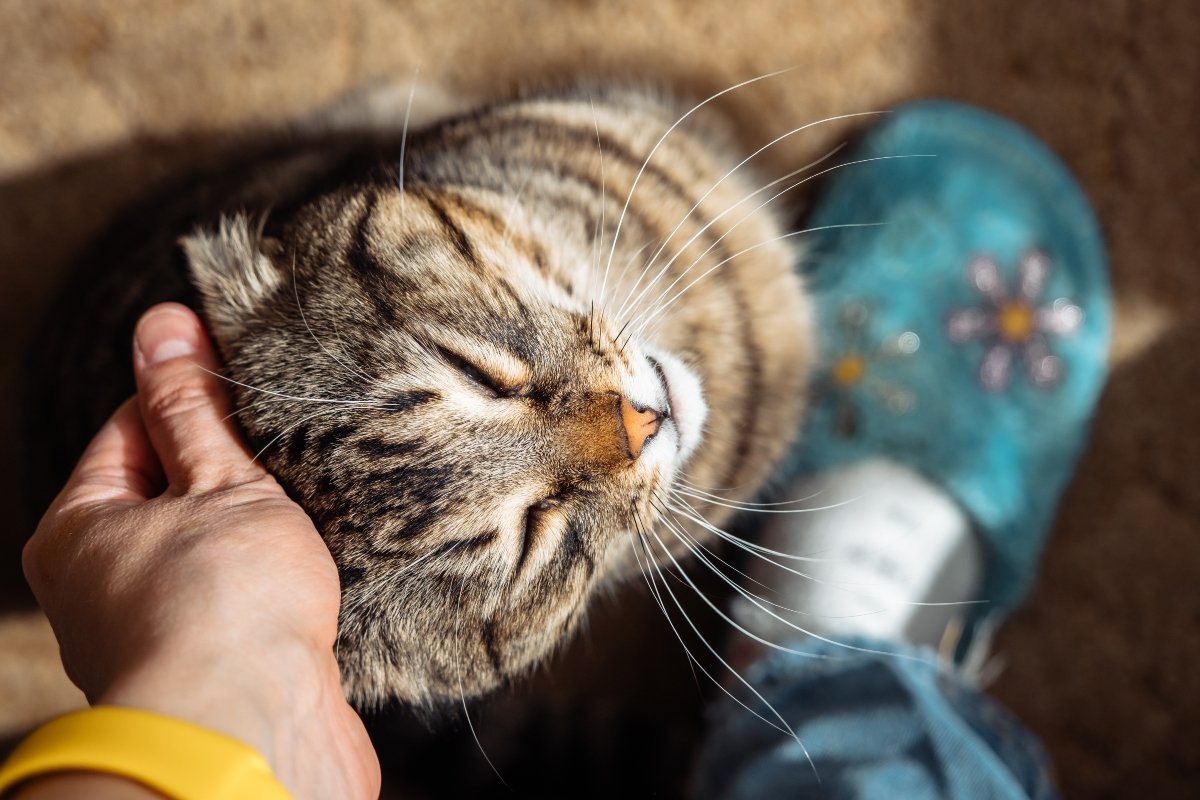 There are five personality types in cats
There are five personality types in cats
If you’re facing behavioral issues with your purring friend, or if you live with more than one cat, understanding their personality can be essential. It can help uncover the root causes of certain behaviors. Recognizing your cat’s personality allows you to make changes at home that make daily life easier for both of you. You can improve quality of life through more playtime, quiet spaces, or mental challenges.
Getting to know your cat’s core personality also helps you notice sudden changes in behavior, which can be an early warning sign of health issues — for example, if a usually friendly cat becomes withdrawn.
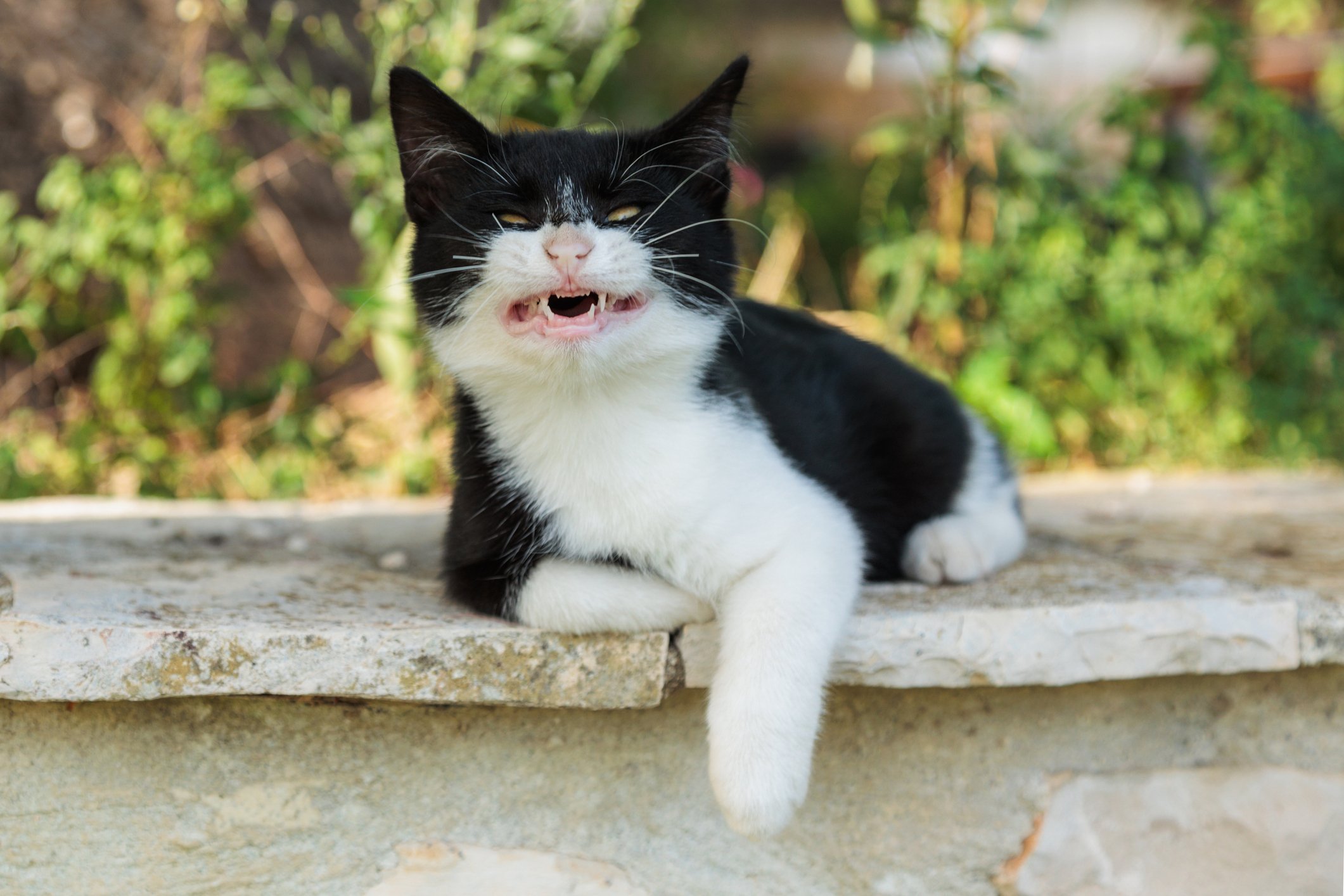 Understanding your cat's basic personality can help you recognize sudden behavioral changes
Understanding your cat's basic personality can help you recognize sudden behavioral changes
These cats are often anxious, insecure, suspicious, or fearful of people. They tend to hide as soon as a guest arrives and avoid confrontation at all costs. Always provide them with hiding spots — like tunnels, scratching posts, or cardboard boxes. As their sense of safety improves, they may gradually become more confident.
Extraverted cats are especially inquisitive and require more mental and environmental stimulation. They should never be left alone for too long, as boredom may lead to destructive behavior. Daily playtime and a variety of activities are key to satisfying their curiosity. Provide them with toys and spend as much quality time with them as possible.
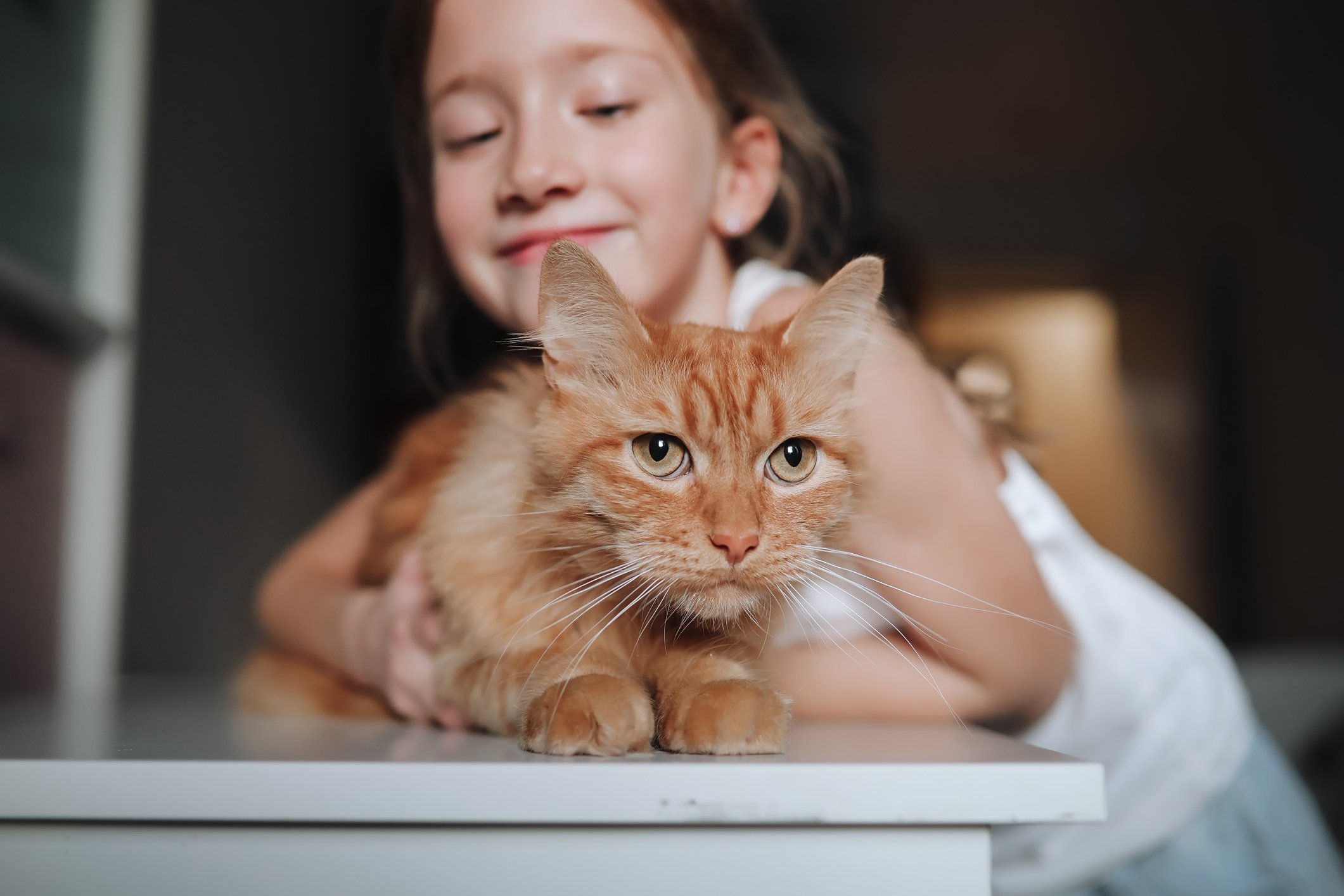 Neurotic pets exhibit anxious, insecure behavior
Neurotic pets exhibit anxious, insecure behavior
Dominant cats may cause problems in multi-cat households by claiming food, toys, and even litter boxes. They can become aggressive, which may intimidate other cats, leading to stress and long-term anxiety. If you recognize this personality in one of your cats, try to prevent conflict by ensuring every cat has its own food and water bowl, and place litter boxes far apart from each other.
Impulsive cats can be unpredictable, reacting differently to the same situation on different days. Stress, insecurity, and anxiety are often behind these behaviors. These cats may not have learned how to cope with certain emotions, which can lead to sudden flight responses. A consistent routine with regular feeding and playtime can help make their lives more predictable. Most importantly, never yell at them — it only increases their insecurity.
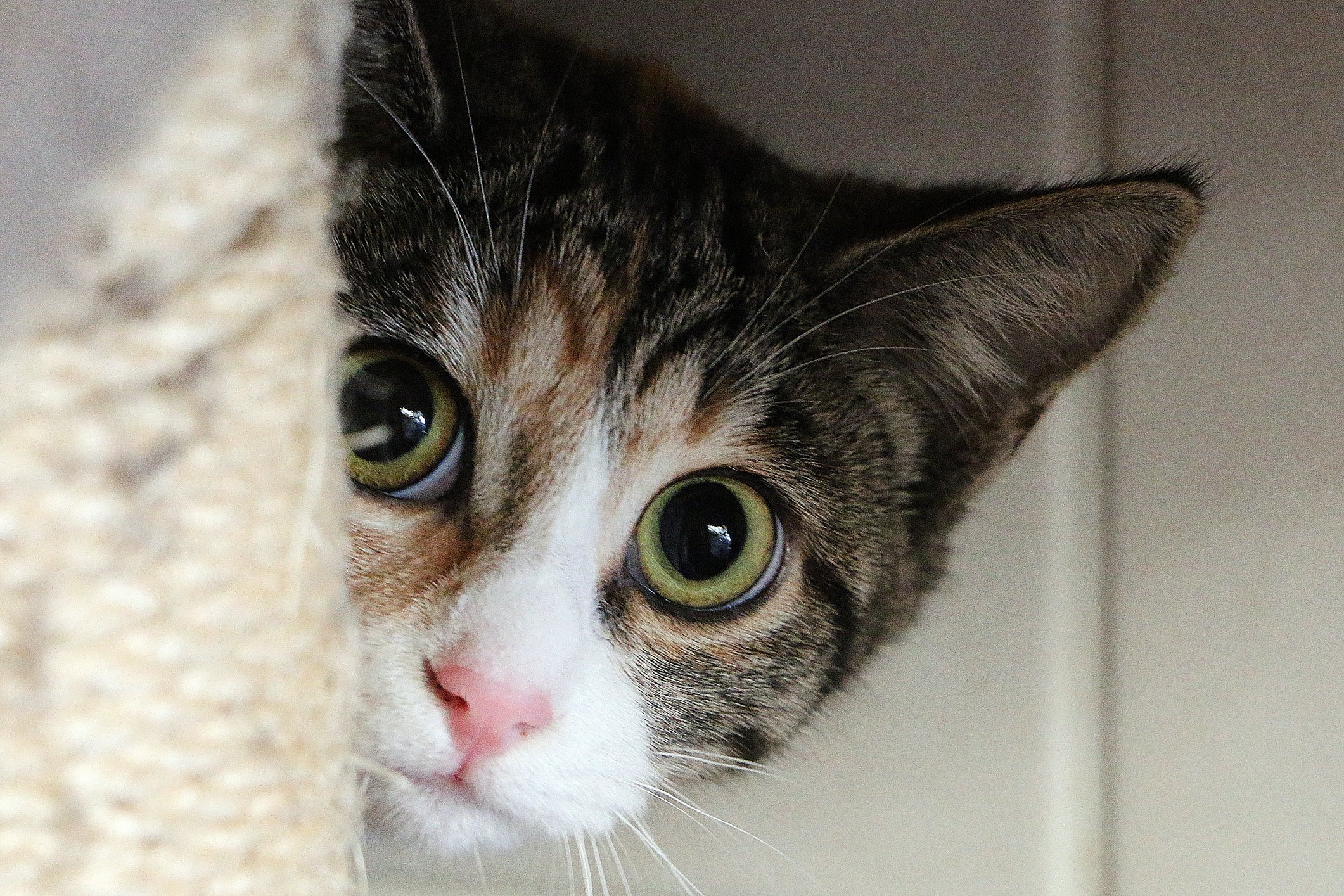 Impulsive cats are often unpredictable
Impulsive cats are often unpredictable
Friendly cats are the “social butterflies.” They love everyone, purr, cuddle, greet people with upright tails, and often rub their heads against you. They’re excellent companions in multi-cat households, creating harmony and calm. As their guardian, your main role is to maintain a warm, loving, and trust-based relationship.
Of course, every cat is unique and may display a mix of these types — just like humans. But by better understanding their personality, you can more easily create the perfect feline paradise in your home.
Follow us!
facebook instagramRelated articles